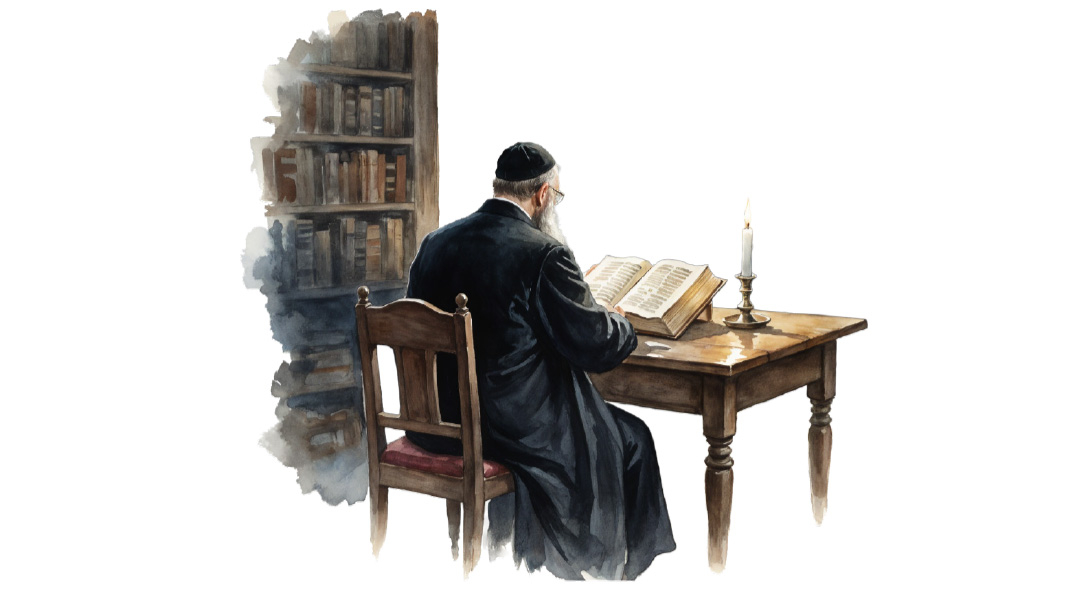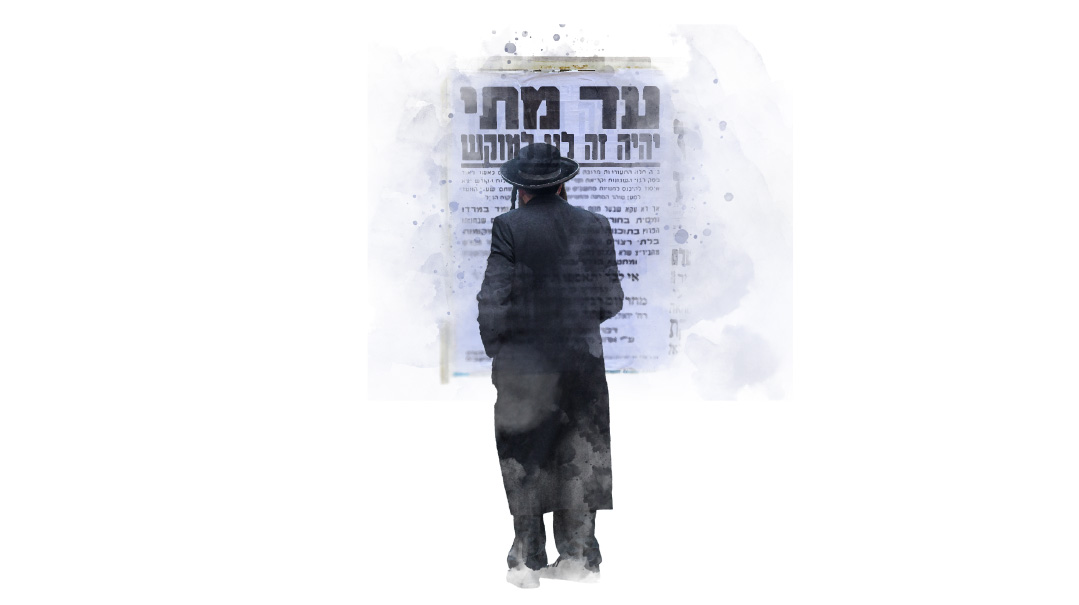Were They Orthodox Jews?

The day after the Pittsburgh massacre, a fellow observant Jew asked me, “Those people who were killed — were they Orthodox Jews?”
“What difference does it make?” I replied.
He was clearly taken aback at my response. But I was not being rude; I was trying to convey the following message.
Yes, my friend, it would be fine if all Jews were G-d-fearing, Torah-learning, Shabbos-observing, tefillin-donning, kosher-eating, tzedakah-giving, chesed-practicing Jews. And yes, of course I believe there is a vast difference between Jews who study Torah and try to live by its tenets, and those Jews who do not. The fully observant — loosely termed “Orthodox” — will also more likely perpetuate the faith and guarantee a future for the Jewish People. The current moribund state of the non-Orthodox movements around the world sadly underscores this. Therefore, it certainly does make a difference whether or not a Jew is observant.
At the same time, I sense that most Jews who are nonobservant are not rebelling against G-d or His Torah. They believe in a Creator, identify with the Jewish People, support Jewish causes, and care about fellow Jews. That they do not observe mitzvos is no small matter, but their nonobservance is not because they defiantly reject Judaism. They have not tried Torah and found it wanting; rather, they have not tried Torah, period — due to their social environment, upbringing, and the ubiquitous Jewish illiteracy that pervades our society.
Though I wish they were more observant and more learned, they obviously remain our brothers and sisters. Bear in mind the familiar words of the sainted Chazon Ish who wrote , citing Hoshea 11:4, that it is the task of Torah Jews to pull other Jews closer to G-d and Torah through “avosos Ahavah — cords of love”(Yoreh Dei’ah 1:16). How much more so are we obligated to extend sympathy and help to those in deep distress? And this is why I asked, “What difference does it make?”
However, helping refers not only to finances, or trauma counseling, or candle-lighting vigils, or more armed guards. All of these are necessary and vital, but somehow inadequate. Amid all the expressions of solidarity, one element — beyond the natural turn to prayer — has been missing: a genuine, Jewishly authentic religious response to the tragedy.
For an authentic response, enter Maimonides. Echoing Mishnayos Taanis, he points to an additional way to help a community in distress. He states, in effect: When a catastrophe strikes a Jewish community, it is incumbent on all Jews everywhere to engage in serious introspection (teshuvah) in order to come closer to our Creator (Hilchos Taaniyos I:1-3). Such introspection — which classically includes communal Yom Kippur-type fasting — is a form of outreach to G-d to ask His healing for those in distress.
Although some Orthodox shuls ran Tehillim sessions, I am not aware that any national Jewish organization, Orthodox or secular, has called for any sort of personal reexamination — teshuvah — as an additional response.
Though we need not fast, it would not be amiss, in Maimonides’s spirit, to ask ourselves how we might become better Jews. Some examples: What is the status of our tzedakah and our maaser tithing? Could our chesed be more genuine, our Torah study more serious, our davening more earnest, our interpersonal relationships more sensitive, our mitzvah performance more enthusiastic? Orthodox Jews are not absolved from such introspection, which, done honestly, could help observant Jews become truly religious Jews.
Probing more deeply, we might notice a certain myopia that sometimes afflicts observant Jews, a myopia reflected not only in that question about the Pittsburgh victims, but also in intra-Orthodox relationships. One occasionally detects an incipient blindness even toward other fully observant Jews who are somewhat different, an “us versus them” mentality, the view that the only ones who matter are those who wear my color suit and shirt, my kind of yarmulke, my type of hat. Anyone else is not one of us.
While it is vital to materially assist any afflicted community, Maimonides adds a new dimension: by a genuine return to our pristine Jewishness, we can help relieve their suffering, for we are all inter-connected. To paraphrase John Donne, “No Jew is an island unto himself.” The Pittsburgh tragedy is a wake-up call reminding us not only that “Eisav hates Yaakov” (see Rashi, Bereishis 33:4) but also alerting us to make a spiritual aliyah toward the pure soul that resides within each Jew.
So, my friend, the question is not: Were the victims religious? The question is: Are we ourselves sufficiently religious?
(Originally featured in Mishpacha, Issue 736)
Oops! We could not locate your form.






